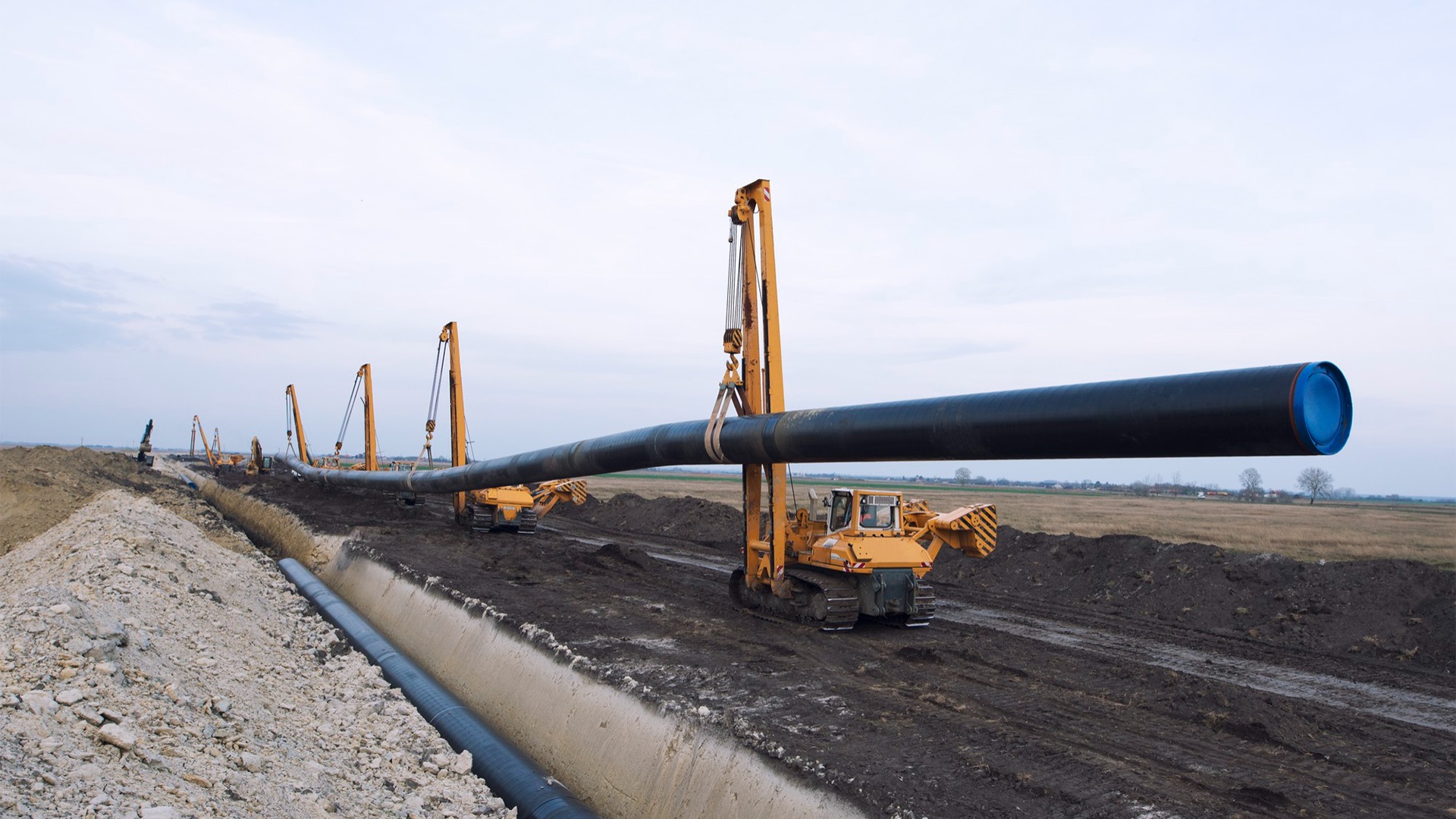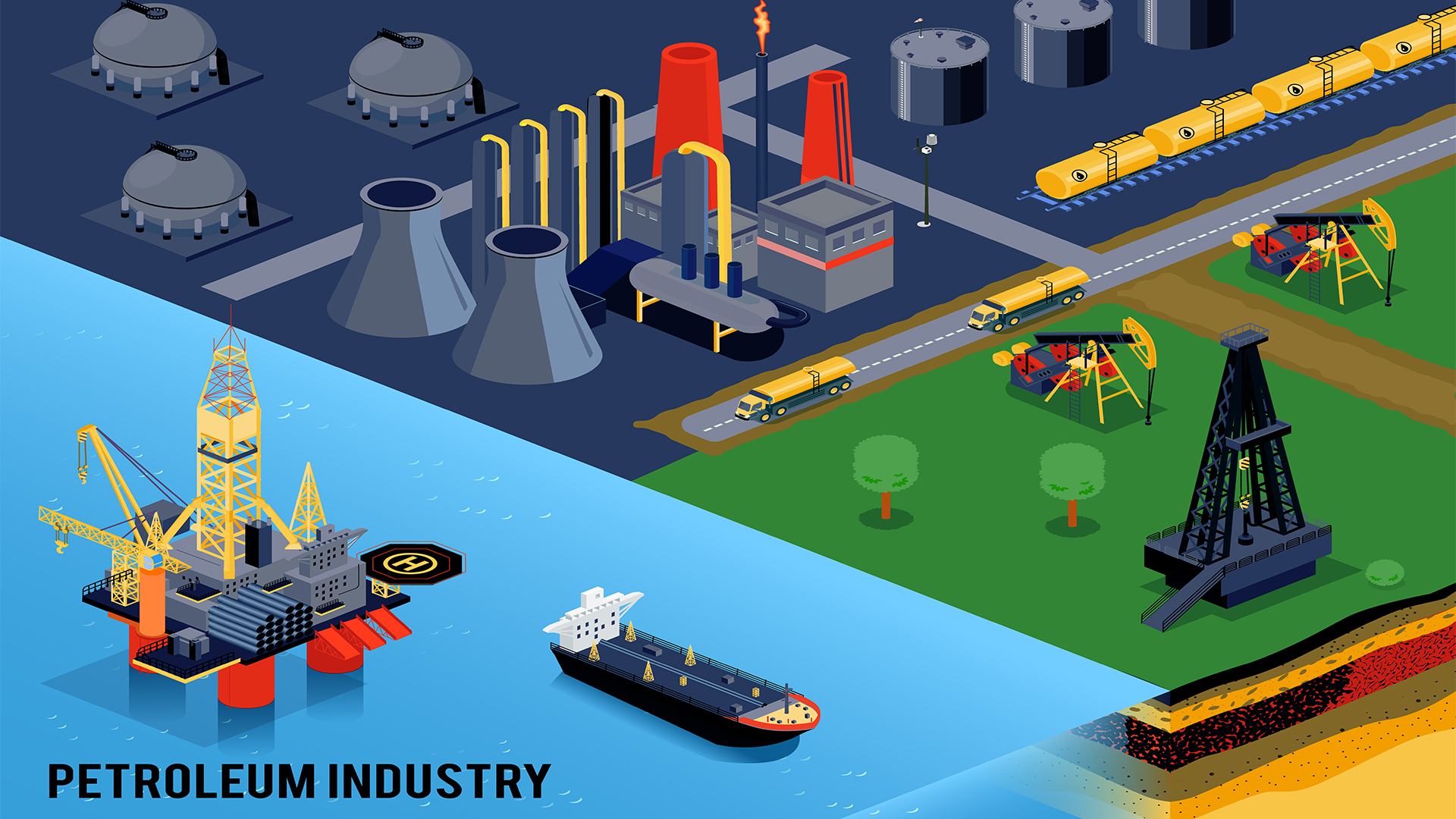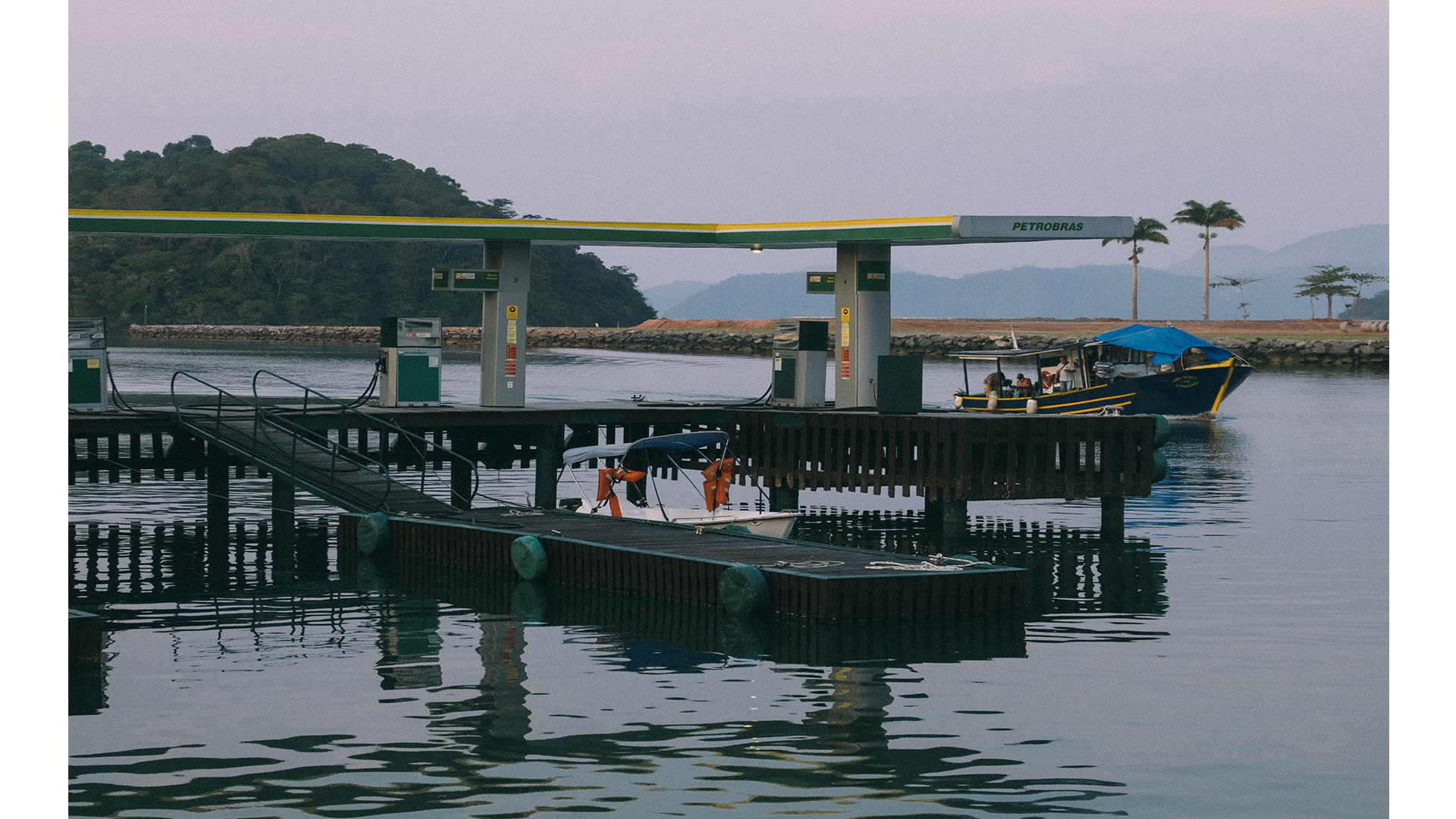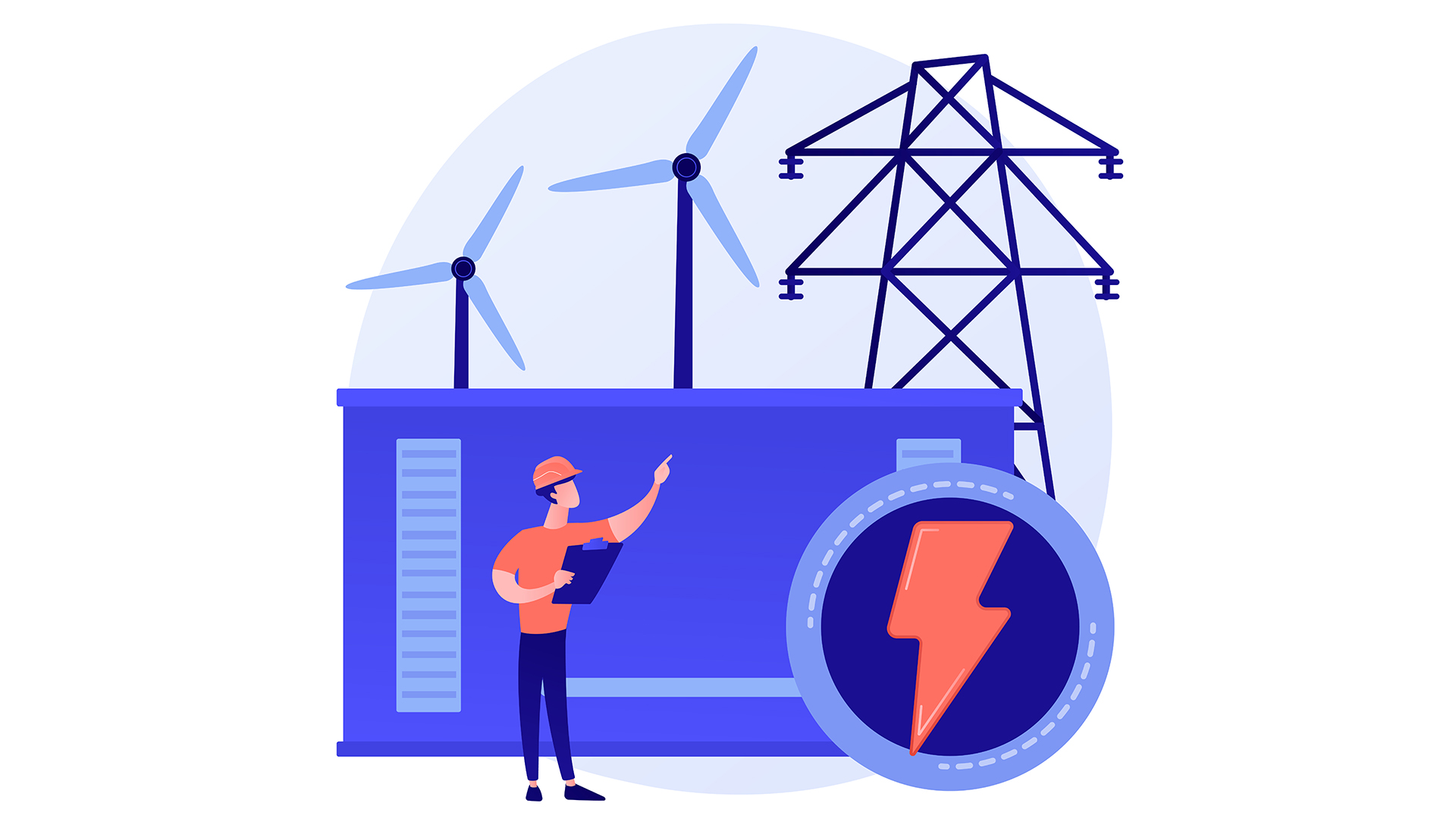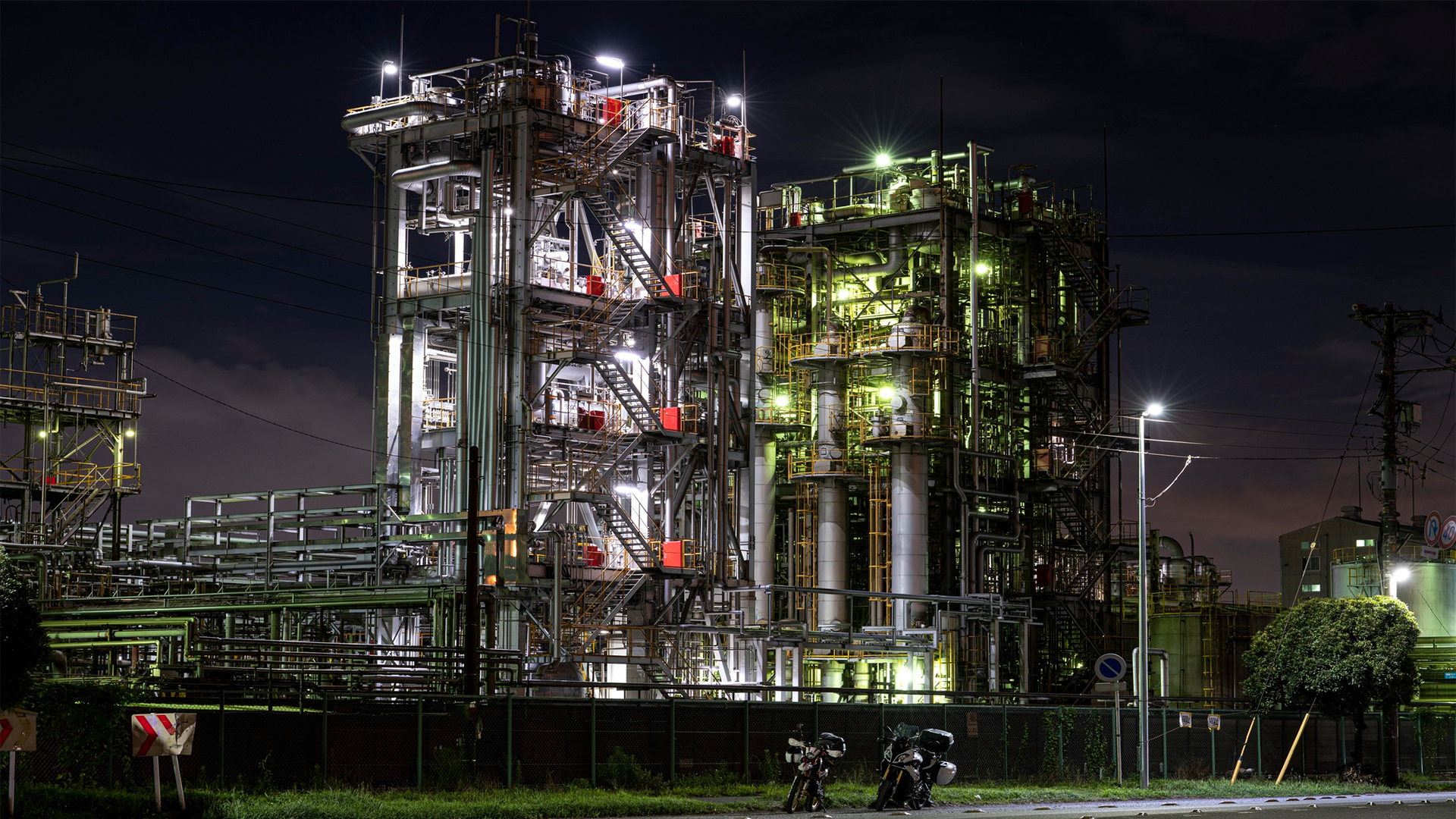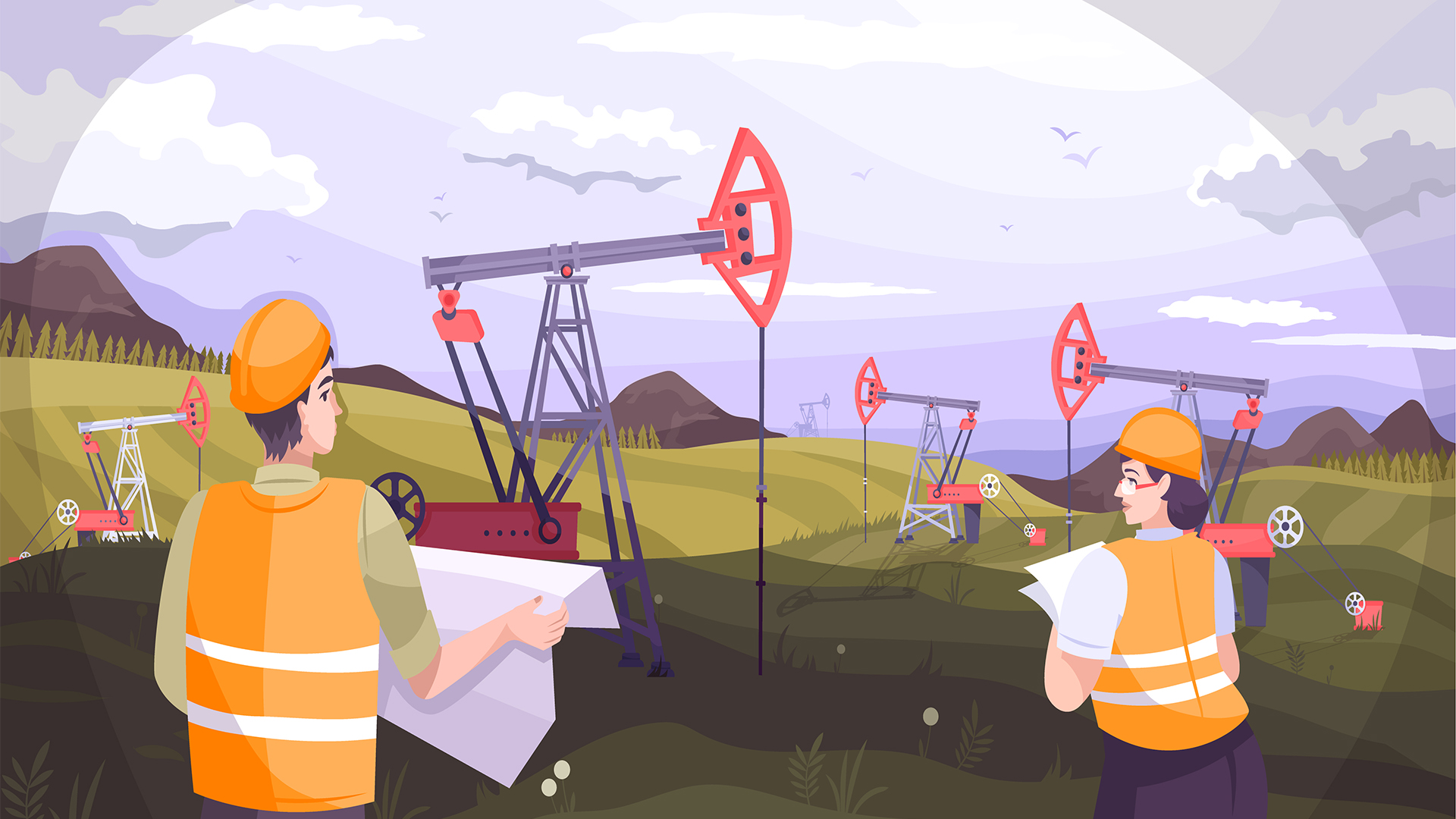
Petroleum Geochemistry For Exploration & Production
Course overview
Because petroleum products have a favorable impact on our everyday lives and the modern world, we have become dependent on them, which has led to an endless drive for its production, drilling, and exploration. Finding oil fields is becoming more and more difficult, and as these challenges rise, so do the challenges associated with drilling these resources.
What does oil and gas production mean?
In order to obtain any oil supplies, one must travel both offshore and into the planet’s core. The multidisciplinary character of petroleum field exploration will be thoroughly examined in the fascinating course on petroleum geochemistry and geology. You will gain knowledge about the many technologies utilized, as well as the drilling, production, and petroleum industry.
What does petroleum geology mean?
The analytical methods, geochemistry ideas, and interpretation strategy for source rock assessment and migration will be the main topics of this Training Bee course.
Participants will gain knowledge of the processes involved in producing petroleum as well as strategies for calculating the number of hydrocarbons found in each well. This course will delve deeper into intricate ideas including surface geochemistry, unconventional resource evaluation, and compartmentalization investigations.
Introduction
Understanding the crucial role that geological and geochemical principles play in the oil and gas industry requires a basic understanding of Practical Petroleum Geochemistry and Geology for Exploration, Drilling, and Production. Participants will leave this course with the fundamental information and useful skills needed to make decisions and solve problems effectively across the industry’s phases.
Fundamental knowledge of geological and geochemical principles is essential for those involved in the exploration and production of energy. This beginning course aims to give students a thorough understanding of practical petroleum geochemistry and geology, emphasizing their crucial roles in the oil and gas industry’s exploration, drilling, and production stages.
We are The Training Bee, a global training and education firm providing services in many countries. We are specialized in capacity building and talent development solutions for individuals and organizations, with our highly customized programs and training sessions.
In conclusion, An Introduction to Practical Petroleum Geochemistry and Geology for Exploration, Drilling, and Production provides a thorough foundation in the fundamental ideas and real-world uses of geological and geochemical knowledge. This ensures that participants are well-equipped to make wise decisions and contribute to the growth of the oil and gas industry.
Learning Objectives
Upon completing Practical Petroleum Geochemistry & Geology for Exploration, Drilling and Production, participants will be able to:
- Gain a thorough understanding of geochemistry and geology, as well as the fundamental concepts and information needed for petrochemical drilling and exploration.
- Check the oil and well fields to make sure the safety regulations are being followed.
- Recognize the many and distinct production-sharing and fiscal arrangements that are involved in different ways, as well as the opportunities and problems that exist.
- Gain a deeper comprehension and awareness of the major players in the petrochemical sector, particularly in regard to the exploration process.
- Examine any current oil and gas wells for safety concerns, and make recommendations for suitable actions to guarantee that safety protocols are observed.
Our Unique Training Methodology
This interactive course comprises the following training methods:
- Journaling – This consists of setting a timer and letting your thoughts flow, unedited and unscripted recording events, ideas, and thoughts over a while, related to the topic.
- Social learning – Information and expertise exchanged amongst peers via computer-based technologies and interactive conversations including Blogging, instant messaging, and forums for debate in groups.
- Project-based learning
- Mind mapping and brainstorming – A session will be carried out between participants to uncover unique ideas, thoughts, and opinions having a quality discussion.
- Interactive sessions – The course will use informative lectures to introduce key concepts and theories related to the topic.
- Presentations – Participants will be presented with multimedia tools such as videos and graphics to enhance learning. These will be delivered engagingly and interactively.
Training Medium
This Practical Petroleum Geochemistry & Geology for Exploration, Drilling and Production training is designed in a way that it can be delivered face-to-face and virtually.
Course Duration
This training is versatile in its delivery. The training can be delivered as a full-fledged 40-hour training program or a 15- hours crash course covering 5 hours of content each day over 3 days
Pre-course Assessment
Before you enroll in this course all we wanted to know is your exact mindset and your way of thinking.
For that, we have designed this questionnaire attached below.
- Explain the main procedures in the petroleum industry’s exploration phase and the methods by which geological and geochemical data are utilized to determine a reservoir’s potential.
- Describe the importance of source rocks in the search for petroleum, mentioning the kinds of hydrocarbons they produce and the circumstances that led to their development.
- Describe the various geological formations that are frequently linked to petroleum reservoirs and how drilling and production tactics are affected by them.
- How does geochemistry help with reservoir quality evaluation and oil and gas reservoir identification? Give instances.
- Describe the primary categories of petroleum traps and the methods used to identify and assess them using geological and geochemical data.
Course Modules
This Practical Petroleum Geochemistry & Geology for Exploration, Drilling and Production covers the following topics for understanding the essentials of the Agile Workplace:
Module 1 – Overview of the life cycle of oil production
- Worldwide reserves
- Petrochemicals’ function in society
- Manufacturing of petrochemicals
- Petrochemical product trading
- Principles of geochemistry
Module 2 – In the petrochemical industry, geology
- From where do fossils originate?
- Overview of geology in connection with petrochemical
- How different kinds of rocks are created
- Formation of sedimentary basins
- Exploration of petroleum
- Geophysical methods: gravity and magnetic surveying
Module 3 – Changes in Reservoir and Well Behavior
- Fractal healing
- Additional oil extraction
- Enhanced extraction of oil
- Methods for driving reservoirs
- Strict oil
- Knowing about tar sands
Module 4 – Roles in Oil and Gas Operations
- Water and oil separation
- Engineering and drilling operations
- Excellent arousal and fulfillment
- The volumetric approach
- Field evaluation
Module 5 – Budgetary systems, IOCs, and NOCs
- Measures for environmental safety
- Oil peak
- Who owns hydrocarbons
Module 6 – Geopolitics
- Give-aways
- Combined efforts
- Agreements
- Costs of gas and oil
- Factors influencing global energy supply and demand
Module 7 – History of Geochemistry
- The start of the geochemical process
- Oil and gas systems
- Examination of petroleum
- Concepts of petrochemistry
- Oil chemistry examination
- Well-drilled geochemical
Module 8 – Non-Traditional Evaluation of Petroleum Resources
- Coal bed methane gas
- Strict oil
- Thick oil
- Methane shale
- Natural gas.
- Biogenic vapor
Post-course Assessment
Participants need to complete an assessment post-course completion so our mentors will get to know their understanding of the course. A mentor will also have interrogative conversations with participants and provide valuable feedback.
- Explain the process by which geological and geochemical data are used to evaluate a petroleum reservoir’s potential during the exploration stage.
- Talk about the significance of source rocks in petroleum exploration, the kinds of hydrocarbons they produce, and the circumstances that must exist for them to occur.
- Describe the importance of the geological structures found in petroleum reservoirs and the ways in which these structures affect the methods of drilling and production.
- In what ways can petroleum geochemistry help with the identification, appraisal, and quality evaluation of oil and gas reservoirs?
- Identify the primary categories of petroleum traps and go over the methods for locating and evaluating these traps using geological and geochemical data.
Lessons Learned
Multidisciplinary Understanding: Participants will now understand that geological and geochemical understanding are needed for petroleum exploration, drilling, and production. A comprehensive comprehension of both domains is crucial for efficient decision-making.
Geochemical Signatures: Hydrocarbon reservoir identification and characterization depend heavily on geochemistry. The significance of geochemical markers and how they support the identification and assessment of these reservoirs will be understood by the students.
Geological Structures: It’s critical to comprehend the different geological structures connected to reservoirs. The impact of various structures on drilling tactics, reservoir development, and overall operational efficiency will be understood by students.
Significance of Source Rocks: Participants will have received knowledge of the formation circumstances of source rocks and their vital significance in petroleum systems. Source rocks are the source of hydrocarbons.
Data Integration: The course places a strong emphasis on the necessity of integrating geochemical and geological data in order to make well-informed decisions in the oil and gas sector. Production optimization and exploration success rates both increase with effective data integration.
Evaluation of the Reservoir: After completing this task, participants will be able to evaluate the quality of the reservoir, spot possible traps, and forecast the existence and behavior of hydrocarbons. These abilities are quite useful during the stages of production and exploration.
